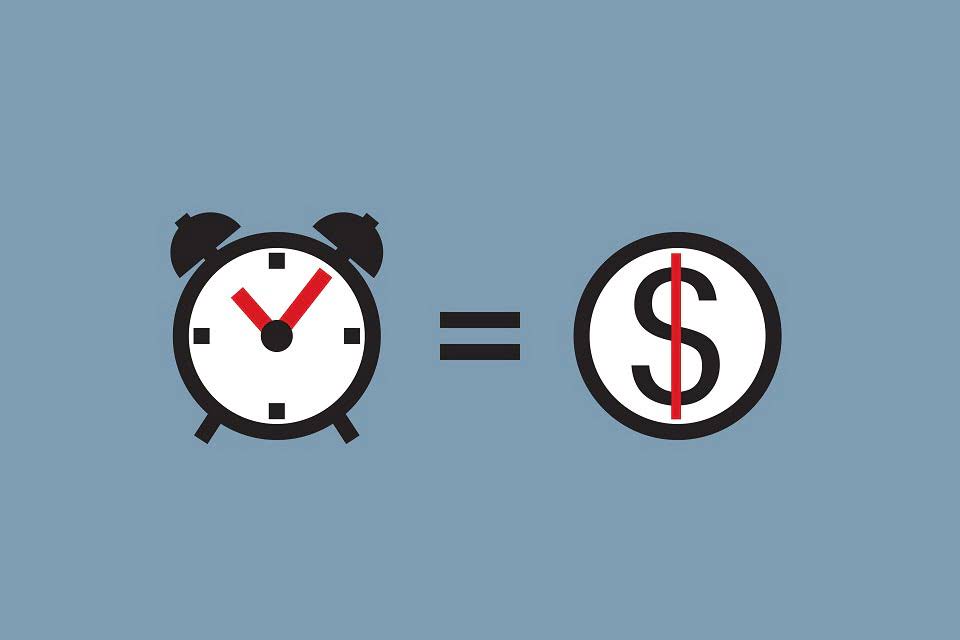
When clients pay a retainer fee that’s unearned, they’re essentially depositing a guarantee, ensuring the professional’s commitment. An unearned retainer fee refers to the amount of money deposited in a retainer account before the commencement of work. The amount serves as a guarantee what is a retainer fee by the client to pay the attorney upon completion of the agreed work. The attorney cannot claim the retainer fee until he has completed the work and invoiced the client. Any remaining retainer fee after paying the hourly attorney fees should be returned to the client.
Contingency Fees

Selling a Pay for Access retainer requires a deep trusting connection with your client. You must identify with them how you can support them and establish together why it warrants you to be an ongoing advisor to them. The sales process for a consulting retainer is very much like selling your first consulting project. And since you employed ROI-based pricing, the project was a no-brainer for your client.
Benefits of Having a Retainer Fee Agreement
It’s important to note that retainers are only a deposit and might not reflect the final bill amount. If a lawyer spends less time on the matter than estimated, the additional amount would be refunded to the client. So, if a trial case takes 10 hours, the lawyer charges the client an additional $500, which comes to $1,000 when including the retainer.

What are the types of retainer fees?

For instance, in M&A advisory, the scope could range from just identifying potential acquisition targets to guiding the entire acquisition process, including post-merger integration. With automated task allocation, real-time transcription, and insightful analytics, Dive ensures your meetings are efficient, engaging, and result-driven. Elevate collaboration and productivity with Dive and make every meeting count. Focused on Startups , Entrepreneurs, Entertainers, Producers, Athletes and SMB Companies. I have been a part of numerous startups as Founder, CEO, General Counsel and Deal Executive. I have been through the full life cycle from boot strap to seed investors to large funds-public companies to successful exit.
Create a free account to unlock this Template
With this article, you’ll be able to set up the perfect consulting retainer and add more revenue to your consulting business. According to our How To Start A Consulting Business Study, 13% of consultants use the monthly retainer model. Retainer agreements ensure that the client and professional have a clear understanding of what to expect from each other.
- This is so that they are strictly off-limits to the attorney until the attorney has billed the client legitimately and becomes entitled to take a portion of the funds.
- In general, a potential client will first undergo a consultation with an attorney where the prospective client will outline their legal issues.
- The attorney will then invoice the client at the end of the month, and transfer the fee from the special account into his account.
- There are two types of retainer fees that can be used when collecting payment.
- As mentioned above, a retainer is different from a deposit precisely because it is not meant to be refunded.
Common types of retainer agreements for legal services

You will not have to pay a retainer if you are hiring a lawyer who charges on a contingent fee basis. A contingent fee arrangement is one where you pay only if you win your case. This fee arrangement is common in personal injury claims, including car accident cases, product liability claims, slip-and-falls, medical malpractice and similar situations. But, there’s not just one answer to the question, what is a retainer fee for a lawyer, because this sum of money could have different purposes.
- In most cases, if the full retainer has not been spent, the remaining funds will be refunded to you at the end of your matter.
- Instead, when you pay this kind of retainer, you are paying to reserve an attorney or firm’s time.
- Equity deals with public companies, and equity deals with private companies.
- It is important to note, however, that you should take caution when using generic online templates.
- A consulting retainer agreement looks very simple to a typical consulting agreement.
- At the end of the case, if the attorney has won an award of damages from the person who injured their client, they would reimburse the client for the amount spent to pay the expenses of litigation.
- Usually, the invoicing rate per hour includes charging for making phone calls, preparing or keeping records, etc.
If a lawyer charges $200 per hour and the parties estimate that the case will take a minimum of 30 hours, the client may be required to deposit a $6,000 retainer fee. Retainer fees provide a multitude of benefits to law firms, from promoting stronger client relationships to improving cash flow. Clients also win as they gain confidence in knowing that they’ll have access to a lawyer’s time for future needs. A retainer fee is an upfront sum paid to confirm the services of a professional, such as a lawyer.
- These types of agreements clearly establish the cost of services and the expectations of those services.
- Rather, they’re paying to be able to access you – your knowledge, experience and expertise.
- When you spend half a day or a few hours on a monthly basis for that client, you’re getting paid for the time you spend.
- For agencies or clients reluctant about using a retainer fee structure, several alternatives exist.
- A retainer fee may be paid on a fixed, pre-negotiated rate or on a variable hourly rate depending on the nature of retainer and also, the practice of the professional being retained.
In other scenarios, a “retainer” can also refer to an agreement where a specific lawyer remains on call for the same client over a period of time. In these cases, the retainer fee is simply paid to the attorney to be able to call upon the attorney at any time for legal services. In general, this type of retainer agreement is utilized in a corporate business setting. The goal of a security retainer is to ensure you actually have the funds to pay for legal services you’re seeking.
Access Exclusive Templates
In most cases, retainer fee payments are put directly into a separate trust account and are only deducted when work has been completed on the matter. The retainer contract fee is not used for any matters other than for the client who made the https://www.bookstime.com/ initial payment. A retainer fee is an advanced payment made by a client to secure the services of a professional or service. When hiring legal representation, this form of payment structure is one of the most common ways to pay an attorney.

 Auctioneers
Auctioneers Shopping Mall
Shopping Mall Money Lenders
Money Lenders